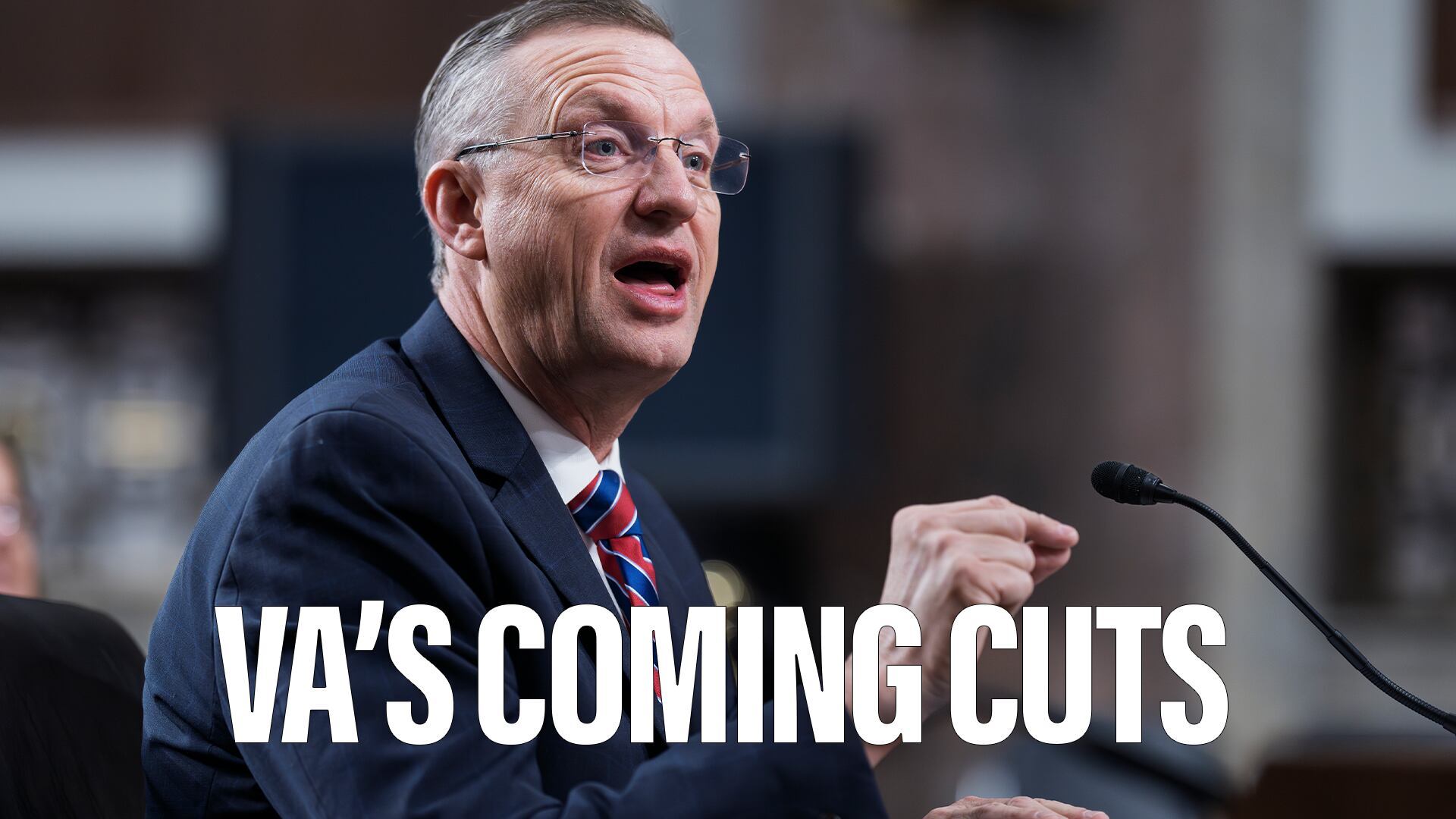BAKU, Azerbaijan — Senior political figures in Azerbaijan have warned that a military option remains on the table to resolve the smoldering conflict with Armenia over the Nagorno-Karabakh region.
Azerbaijan will spend $1.2 billion on defense and security in 2016 and Baku hopes a decade-long massive military build-up will help it win back Nagorno-Karabakh and other Armenian-occupied territories.
Baku prefers a diplomatically brokered resolution to the conflict but Hikmat Hajiyev, spokesman for Azerbaijan's foreign minister, cautioned that if these do not soon bear fruit, Azerbaijanis may lose patience with the international community.
He said Azerbaijani armed forces "stand ready" to prevent any "provocation," adding, "We have the defense capabilities to take back these territories militarily. We do not want to use force but we can be patient only up to a certain point."
The official stressed that defense spending had enabled the Azerbaijani armed forces to be supplied with requisite advanced weaponry needed to re-take "its Armenian-held territories."
Hajiyev said an official visit to Baku in March by Federica Mogherini, the EU's High Representative for Foreign Affairs and Security Policy, may be an opportunity to help resolve the dispute that has witnessed a recent upsurge in violence.
His comments were echoed by Mubariz Gurbanli, who chairs the State Committee on Religious Associations. "If a peaceful solution can't be found there's a real risk of having to resort to war and if that happens it could trigger a much, much bigger conflict in the whole region," he said.
"We are losing our patience with the international community, which has failed to impose sanctions on Armenia for violating our territorial integrity and sovereignty while disrespecting our internationally recognized borders for over 25 years despite many resolutions by the UN, Council of Europe, OSCE and the European Parliament," added Azerbaijani MP Azay Guliyev.
Further comment came from Elchin Mirzabayli, vice chairman of the Popular Front Party of Whole Azerbaijan (AXC), an opposition party in Azerbaijan, who warned, "Maintaining the status quo on the conflict indefinitely is not an option."

Azay Guliyev, MP of Azerbaijan
Photo Credit: courtesy
The oil-rich country's defense budget was worth only $175 million at the start of Azerbaijani President Ilham Aliyev's rule in 2004 but it spent $20 billion on defense between 2010-2015, with key suppliers including Turkey and Israel.
In 2011, Azerbaijan military spending reached $3.1 billion, surpassing Armenia's entire state budget which was worth €2.8 billion (US $3.06 billion) at the time.
Azerbaijan has earned more than $116 billion in oil revenues since 2001 and this has partly been used to beef up its military might.
Armenia, whose 2016 defense budget is projected at $433 million, has sought to offset the Azerbaijan military build-up with close military ties with Russia which has enabled it to receive large quantities of Russian-made weapons at discount prices or even for free.
Russia still maintains two military bases and 5,000 troops in Armenia but Azerbaijani military expectations are giving it a quantifiable edge. Russia has also signaled its intention to deepen security ties with Armenia through the transfer of military helicopters and the establishment of a joint air defense system. There have been reports also that the Russian military may use the airport in Nagorno-Karabakh for counter-terrorism exercises.
In November, Azerbaijan's finance minister said its armed forces need better equipment. The consensus is that, as Armenia continues to occupy certain territories, Azerbaijani defense spending will not be subject to the same cutbacks seen in some other government ministries caused by a drop in oil prices and revenues.
The Nagorno-Karabakh conflict, an extremely sensitive political issue in Azerbaijan, has cost 30,000 lives over two decades. The "frozen conflict" has so far rebuffed all diplomatic efforts to resolve the dispute and Azerbaijan, the third-largest oil producer in the former Soviet Union, has poured some of its oil revenues into building up its military forces.
The conflict between the two South Caucasus countries began in 1988 when Armenia annexed the disputed territory despite protests from the international community. As a result of the ensuing war, in 1992 Armenian armed forces occupied 20 percent of Azerbaijan, including the Nagorno-Karabakh region and seven surrounding districts.
The two countries signed a ceasefire agreement in 1994 but it is regularly broken by shelling, leaving hundreds of thousands of war refugees still displaced.
The co-chairs of the OSCE Minsk Group, Russia, France and the US, are holding peace negotiations.
Armenia has ignored four UN Security Council resolutions calling for the withdrawal of Armenian forces from Nagorno-Karabakh.
Pedro Agramunt, newly elected president of the PACE, the parliamentary assembly of the Council of Europe, recently warned the conflict poses a threat to Europe's security.
Both Ankara and Washington are increasingly focused on the Caucasus region, as demonstrated by the U.S naval chief's recent visit to Azerbaijan. A senior US official recently said there was concern that a more bloody conflict may emerge in the long run, which may destabilize the region and further inflame chaos in the Middle East.
US Ambassador James Warlick, co-chair of the Minsk Group, said America would continue their active engagement and called for a "just settlement, one based on international law."
The Turkish Foreign Minister said last month that the "normalization of Turkish-Armenian relations is not possible without the liberation of the occupied territories of Azerbaijan."
An opinion poll before Azerbaijani parliamentary elections in November found that the conflict is the main problem for Azerbaijani people.
Observers believe that in the coming decades, the Caucasus will continue to be an important battleground for Russia and the West as other regional powers like Turkey and Iran are drawn into the competition for influence.
Email: mbanks@defensenews.com
Martin Banks covered the European Union, NATO and affairs in Belgium for Defense News.








